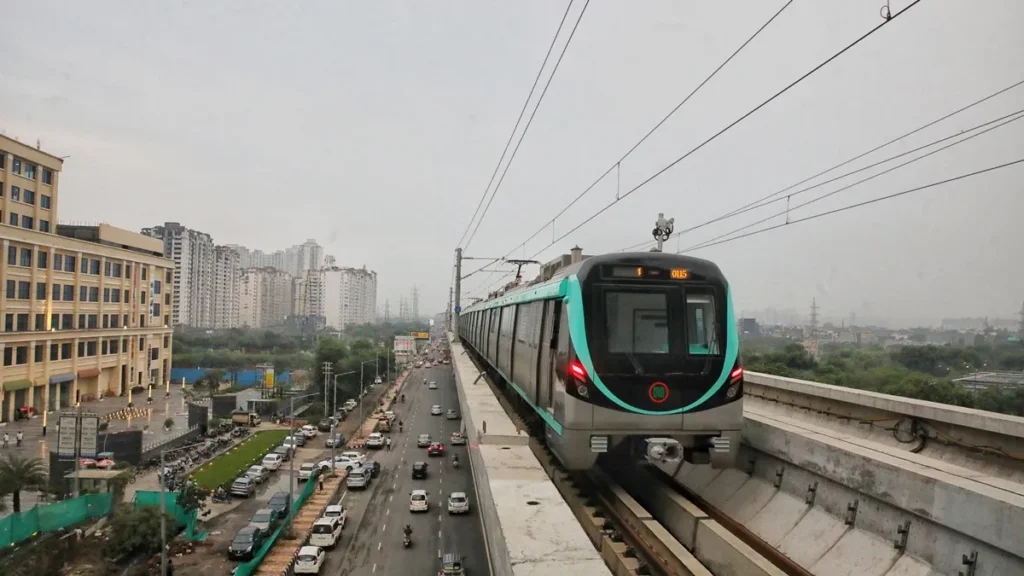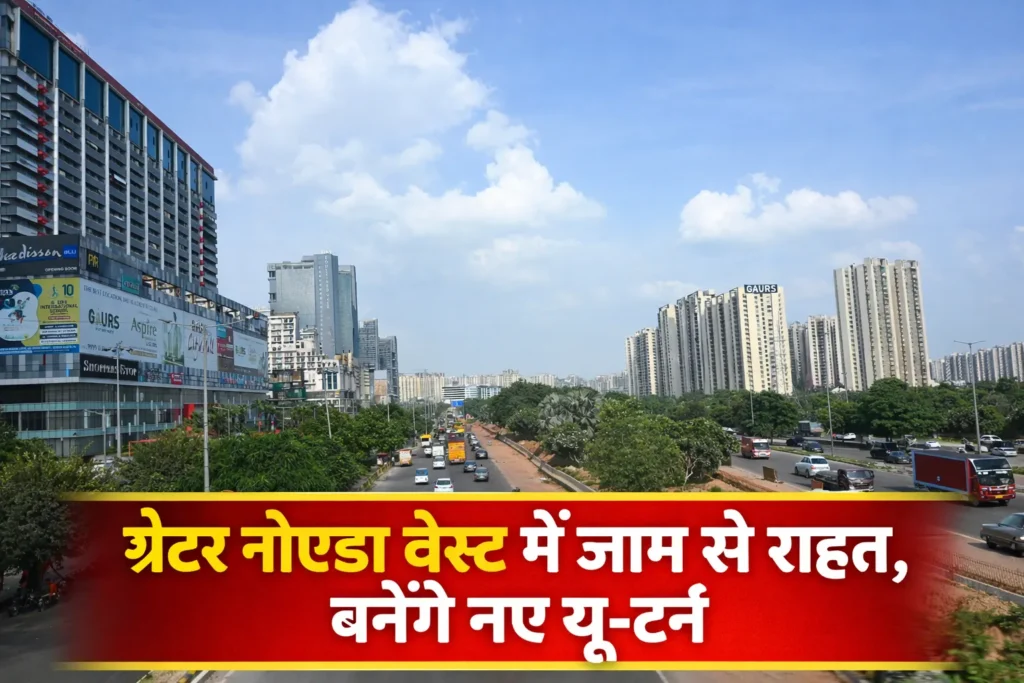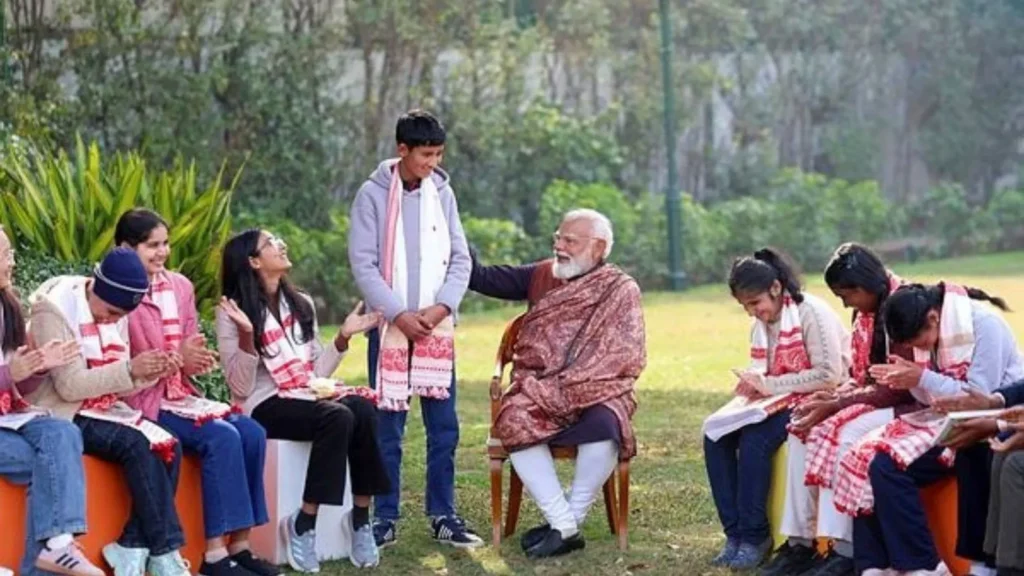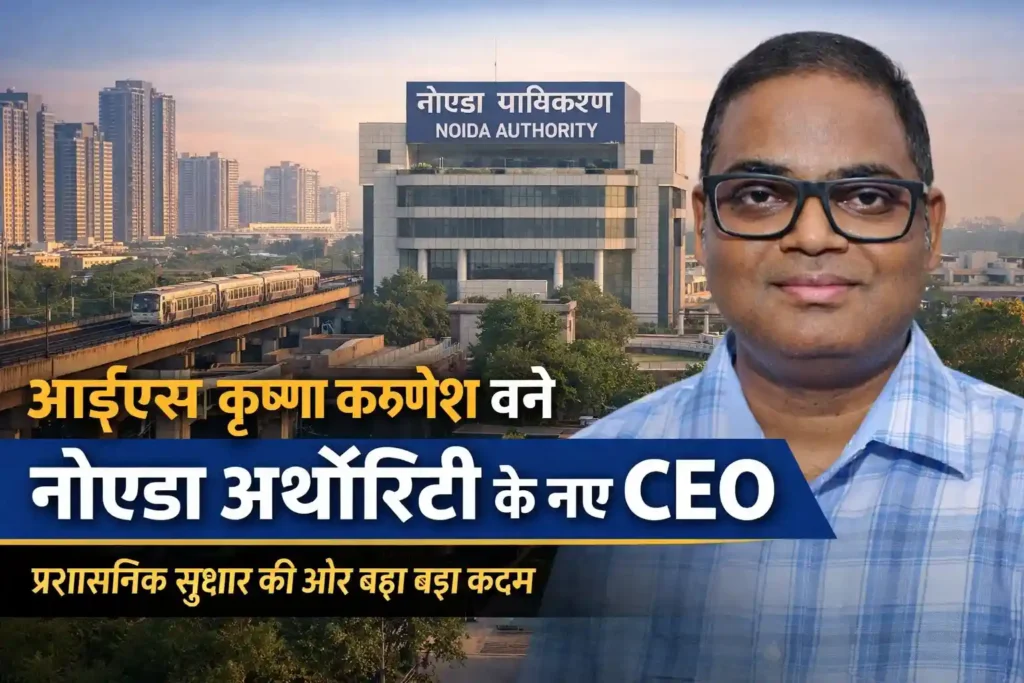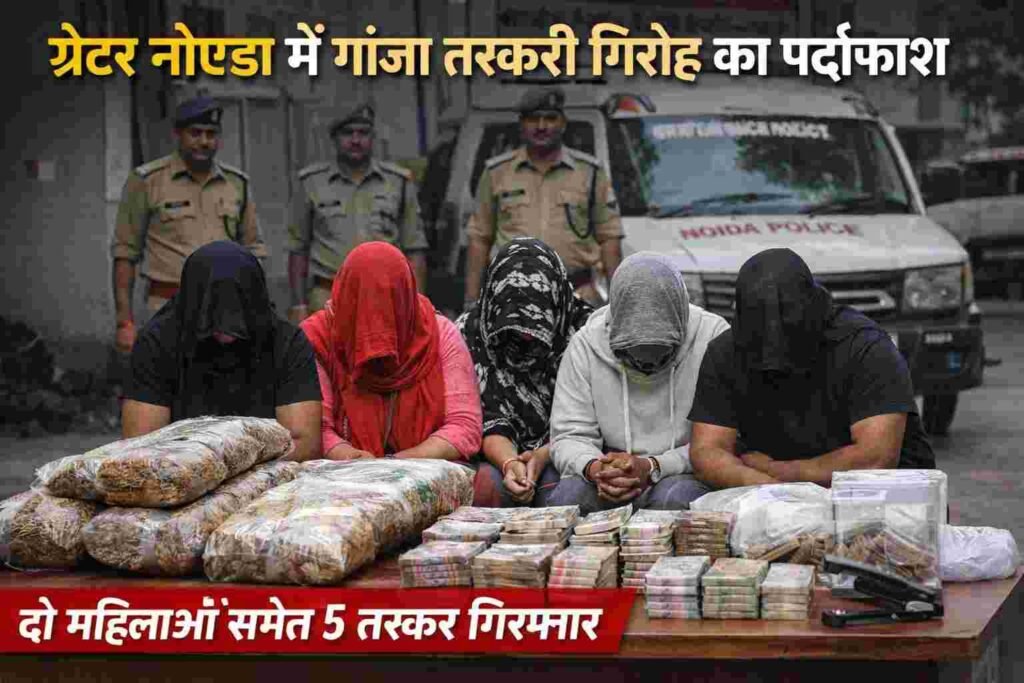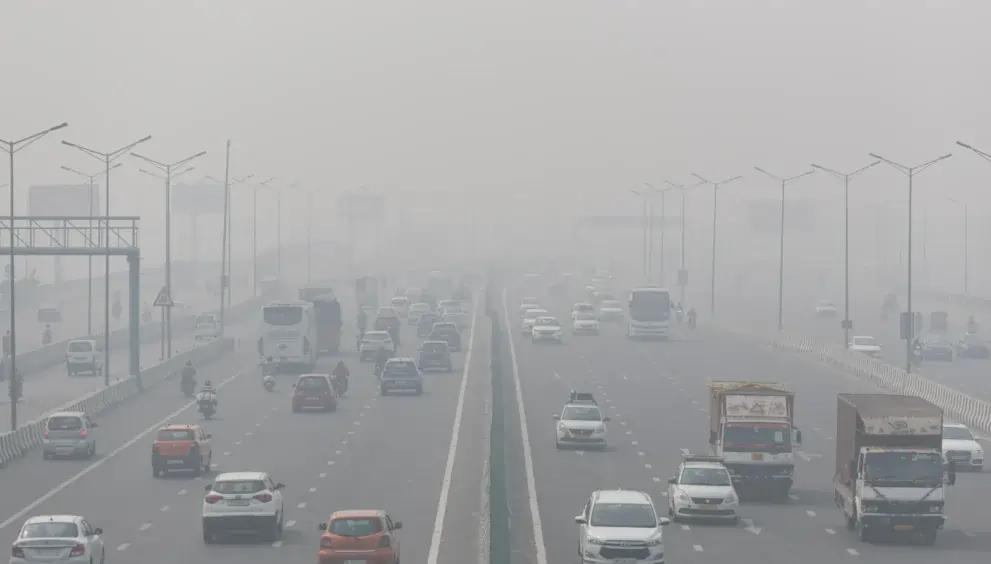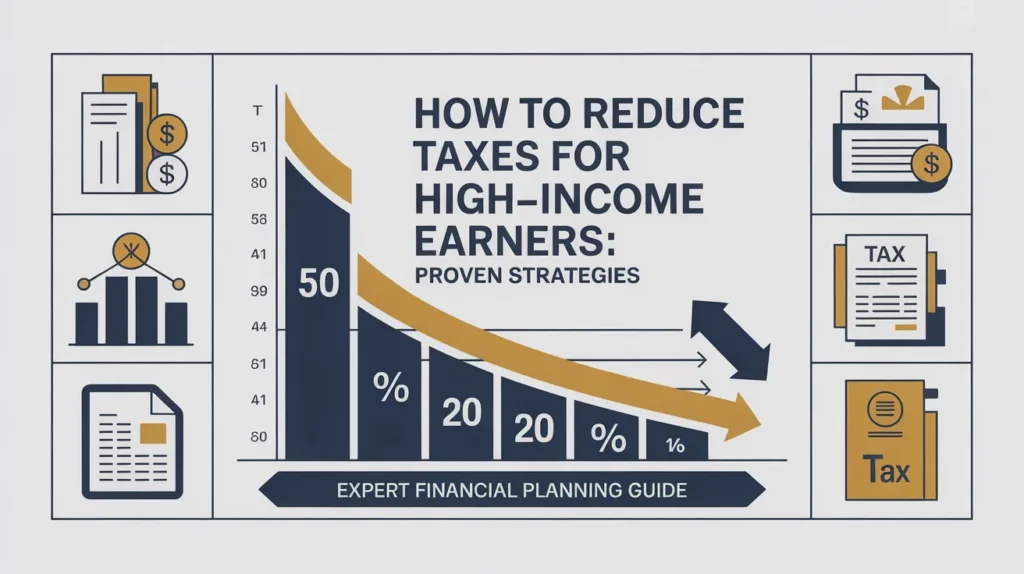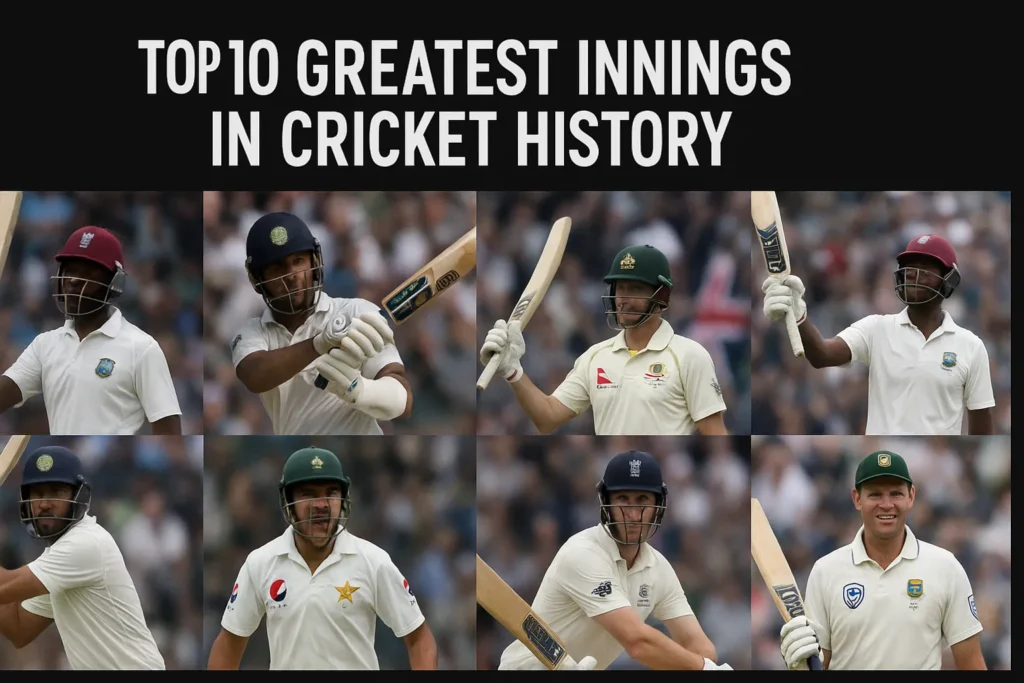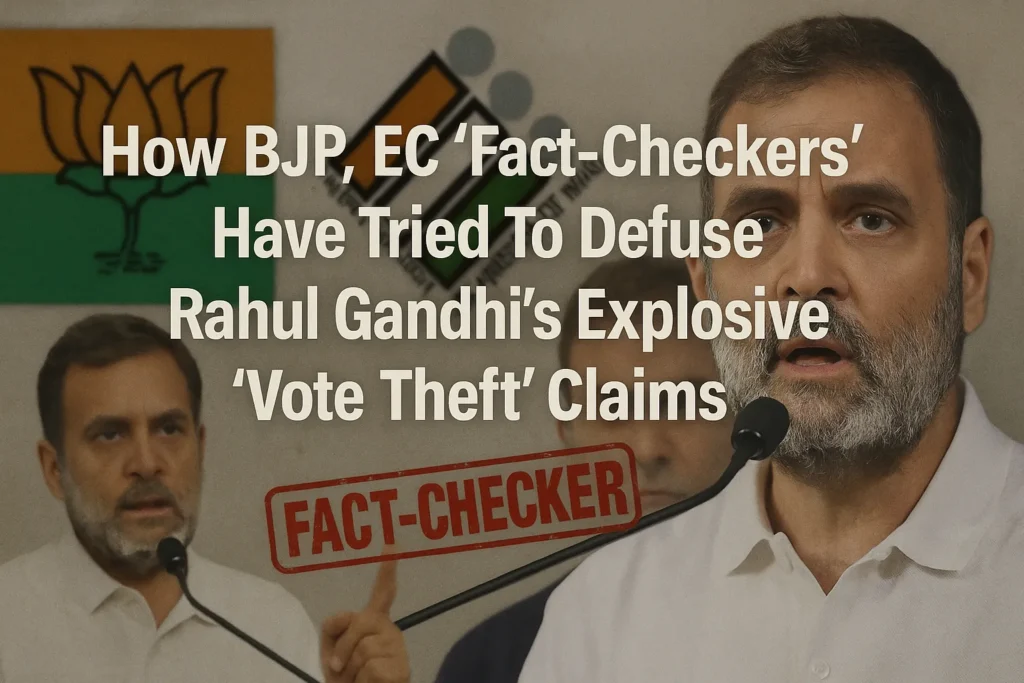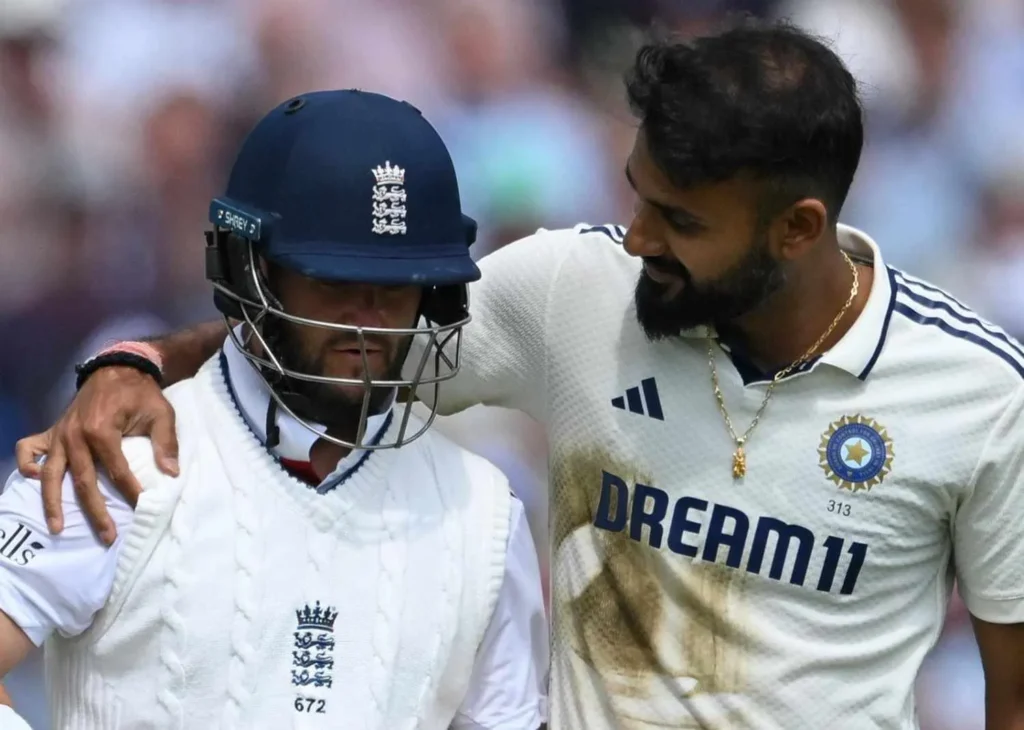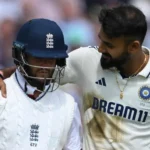How to Learn Web Development in 2026 :
Feb 23, 2026How BJP, EC ‘Fact-Checkers’ Have Tried To Defuse Rahul Gandhi’s Explosive ‘Vote Theft’ Claims
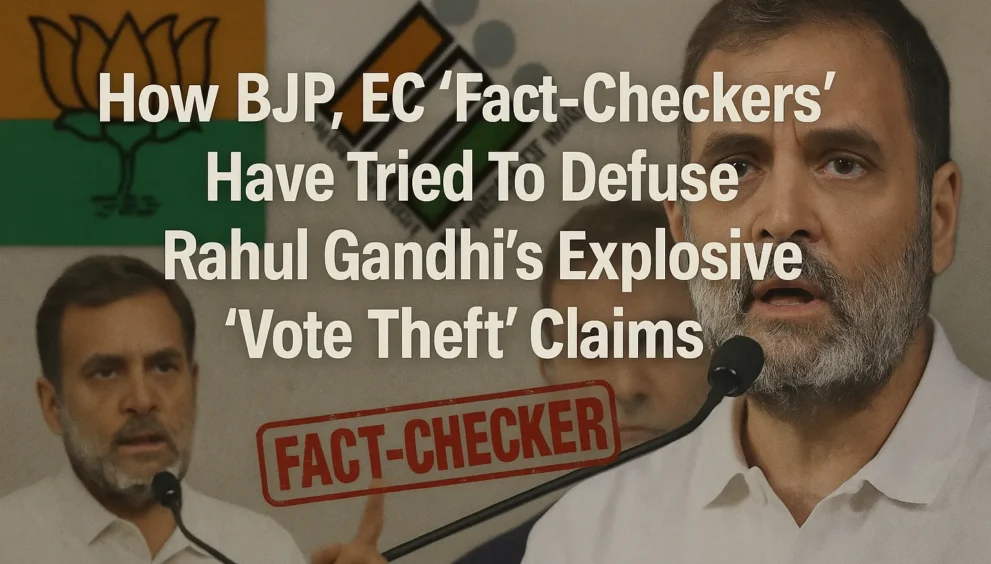
Introduction
In early August 2025, Congress leader Rahul Gandhi surged into headlines, levelling serious allegations of electoral fraud in Karnataka. He accused the BJP, with alleged collusion from the Election Commission (EC), of orchestrating a massive “vote theft” in the Mahadevapura Assembly segment. Claiming over 1,00,250 fraudulent votes—including duplicate registrations and fake addresses—the accusations quickly triggered a fierce political and institutional counterattack. On one side stood Gandhi’s dramatic presentation; on the other, a united response from the BJP and EC fact-checkers aimed at discrediting and diffusing the claims.
This blog delves into the sequence of events, the mechanics of Gandhi’s allegations, and the strategies deployed by both the BJP and Election Commission to undermine them.
Rahul Gandhi’s Vote Theft Claims: What Happened?
In a high-voltage press briefing at Congress headquarters, Rahul Gandhi alleged explosive irregularities in Mahadevapura, part of Bangalore Central Lok Sabha constituency. According to him:
- Out of approximately 6.5 lakh votes, 1,00,250 votes were “stolen” through five distinct methods.
- He highlighted:
- 11,965 duplicate voters
- 40,009 fake or invalid addresses
- 10,452 bulk voters from single addresses
- 4,132 voter entries with invalid photos
- 33,692 misuses of Form 6 (for first-time voters)
- He pointed to an unsuspecting house—just 10–15 sq ft—linked to 80 registered voters, underscoring suspicious entries.
- Gandhi also blamed the EC for destroying CCTV footage and alleged that exit polls diverged drastically from official results.
These claims set off a political firestorm.
BJP’s Fact-Check Response: A Tightly Woven Pushback
- Misinformation Narrative The BJP swiftly labeled Gandhi’s allegations as “misinformation”, accusing him of “undermining constitutional institutions.”
- Natural Demographic Growth Defense Party members pointed to long-term urban migration and population growth as plausible reasons behind voter increases—highlighting Mahadevapura’s gradual rise, rather than manipulation.
- Uniform Electoral Revision Calls Karnataka BJP leaders, such as Aravind Limbavali, demanded the Special Intensive Revision (SIR) roll-out that Karnataka had resisted, suggesting parity in voter-list management across states.
These responses diffused the urgency of Gandhi’s narrative by framing growth as organic and allegations as politically contrived.
Election Commission’s Countermoves: Fact, Fiction, or Formality?
1. Dismissal as a “Tired Script”
The EC branded Gandhi’s claims as a recycled narrative akin to the 2018 Kamal Nath incident, when similar electoral roll discrepancies were raised and later dismissed by the Supreme Court.
2. Challenge to Provide Evidence
The poll body issued a direct challenge: submit a sworn declaration (Rule 20(3)(b) of the Registration of Electors Rules) and evidence, or halt misleading the public.
3. Labeling the Allegations “Baseless” and “Deplorable”**
The EC, in several statements, condemned the charges as baseless, irresponsible, and even “deplorable”, urging election officials to remain impartial.
They reiterated their commitment to transparency and pushed that any grievances should follow legal channels, not public theatrics.
Media Ground Checks: Separating Fact from Fiction
- India Today’s Investigation When Gandhi flagged “80 voters” at a tiny Bengaluru property, ground checks found the current tenant—a delivery worker—had no voter ties there. Most flagged names belonged to former residents.
- Fact-Checker Verdicts Media platforms attempted to locate an allegedly duplicate voter named across Karnataka, Maharashtra, and UP. No such entry was found in official records.
These assessments raised doubts about Gandhi’s data’s authenticity.
Political Maneuvering by Congress in Response
Congress fighters didn’t relent. Karnataka Deputy CM DK Shivakumar lodged a formal complaint with the EC citing the six-month AI-powered probe into alleged fraud. His team provided documentary evidence and demanded:
- Statewide auditing of electoral rolls
- Release of machine-readable rolls
- Investigation into election officials’ roles
Meanwhile, in Madhya Pradesh, state leadership supported Gandhi—branding his revelations as a democratic safeguard, while BJP leadership derided him for urban blaming.
Assam CM Himanta Biswa Sarma used the controversy to endorse the need for SIR, portraying the allegations as justification for electoral reforms.
The Double-Edged Sword of “Fact-Checkers”
In this political drama, “fact-checkers” served as both watchdogs and weapons:
- For the EC and BJP, fact-checking was a defensive shield, used to quickly counter claims with procedural rigor.
- For Congress, it became a platform for grievance, calling for transparency and systemic weaknesses to be addressed.
However, efficacy waned when:
- No signed affidavits were provided, prompting the EC to challenge credibility.
- Ground checks repeatedly failed to validate sensational claims, rendering them politically weak.
Implications: Democracy, Trust, and the Road Ahead
A Crisis of Trust
These events highlight a deeper issue: declining trust in electoral institutions. Allegations, whether founded or not, show how fragile voter confidence can be.
Legal vs. Political Arenas
While the EC cited legal norms and institutional robustness, Gandhi’s approach leaned heavily on moral outrage and populist presentation. This clash raises questions about the roles of institutions vs. political theater in a democracy.
Electoral Reform Pressures
The controversy has amplified calls for:
- Universal roll audits
- Machine-readable voter lists
- Reassessment of SIR pathways
Gandhi’s accusations may serve as a catalyst—either for reform or further polarization.
Conclusion
Rahul Gandhi’s explosive “vote theft” claims sent ripples across India’s political and institutional fabric. His detailed enumeration of alleged voter fraud challenged the sanctity of elections. Yet, the coordinated defense by BJP, EC, and media fact-checkers—labeling the claims as recycled, unsubstantiated, and legally baseless—managed to dilute the narrative’s momentum.
At the heart of the matter lies a critical reckoning: the importance of evidentiary integrity in political discourse, and the fragility of public faith in democratic processes.
Only time will tell whether this episode leads to meaningful electoral reform or remains another chapter in India’s partisan battleground.




